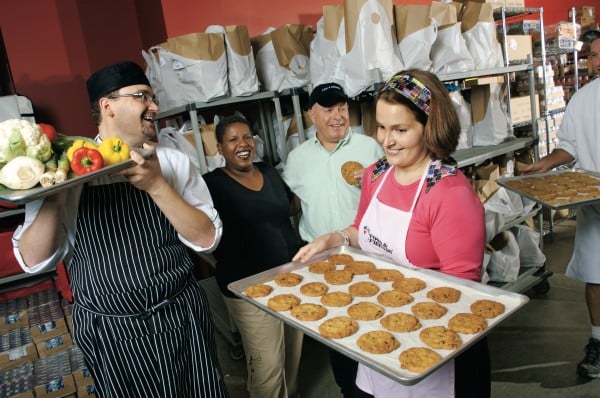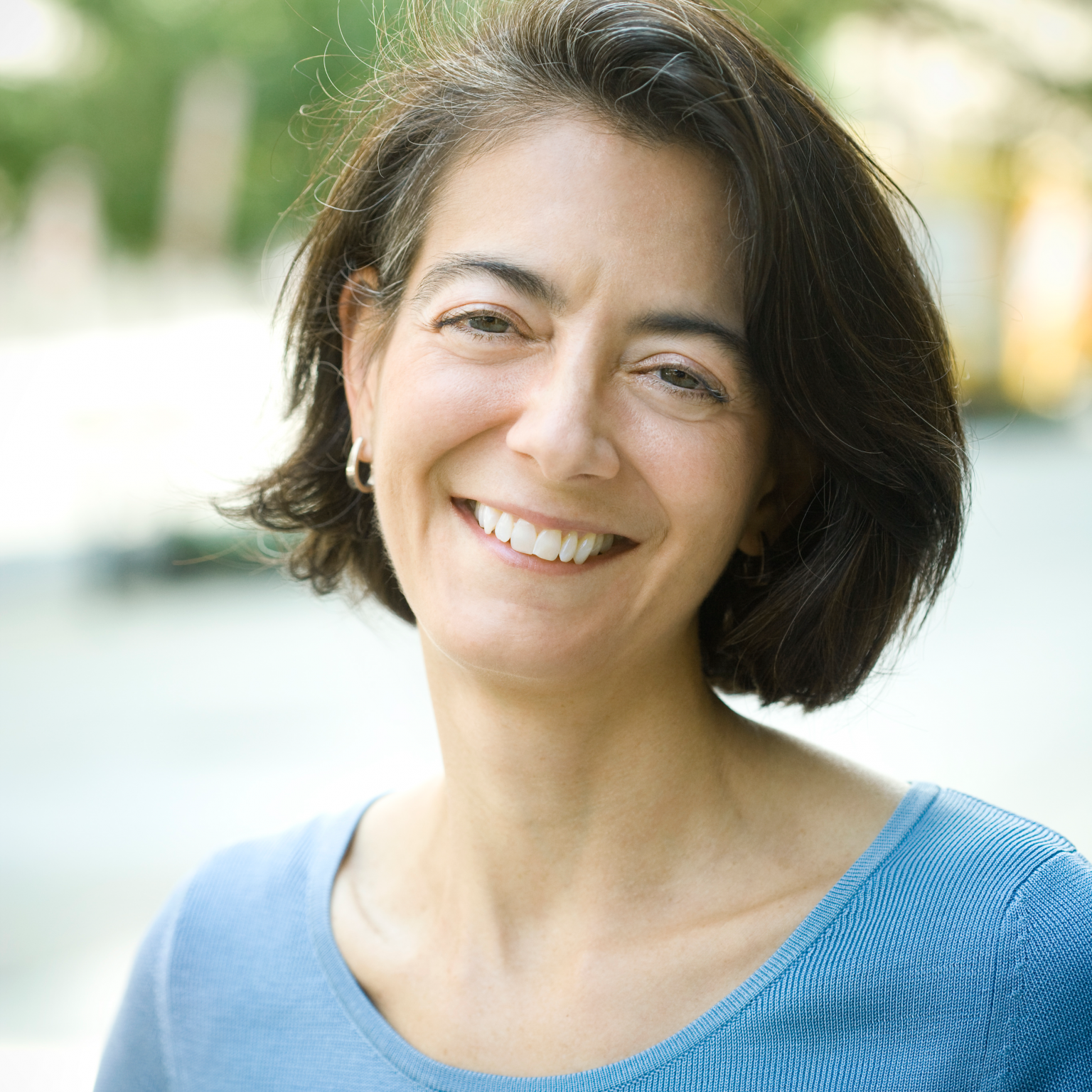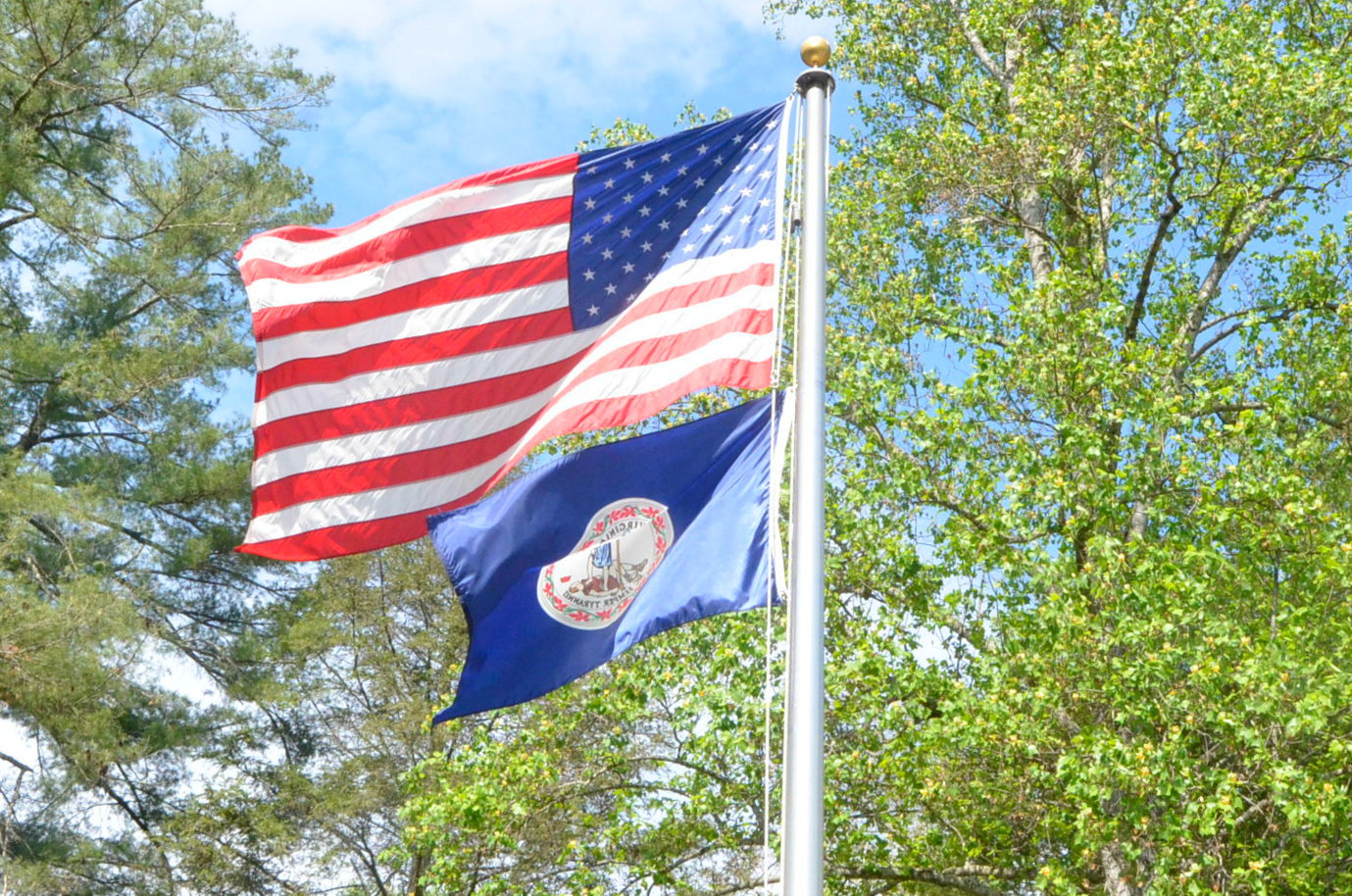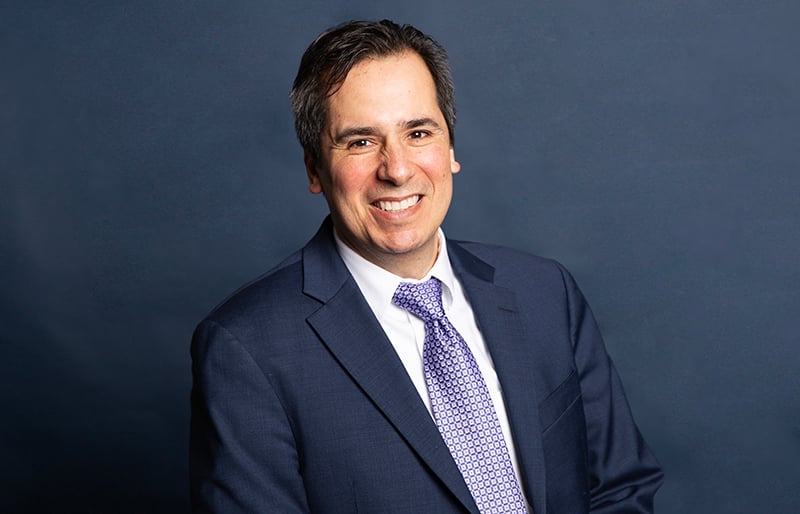There is no association between this article and the San Francisco consulting firm that uses the trademark GREAT PLACES TO WORK ®
Many jobs in Washington affect the greater good. Those who work for the federal government, for example, or at contracting firms supporting the government, keep the country running.
At these six for-profits and nonprofits, the mission is personal: Employees work to fight hunger, to get the word out about malaria treatments, or to save the planet.
Nonprofit jobs don’t often come with high salaries, but the benefits are flexibility, interaction with diverse colleagues, and a chance to make a difference.
Burness Communications
Industry: Public relations
Total number of employees: 35
Vacation/personal days to start/max: 22/27
Interesting perks: Paid week off between Christmas and New Year’s; five paid days of leave to volunteer; 401(k) match of 100% up to 4% of salary, 33% after that; $200 a year toward fitness expense.
“Our company was founded on the premise that public relations could be used to make the world a better place,” says Andy Burness.
The 21-year-old PR firm represents nonprofits that work toward social change on issues from childhood obesity to malaria. Says senior associate Preeti Singh: “It’s humbling to think that in our small way, we are helping to change the world.”
Employees say they’re drawn to Burness because of the work, then stay because of the flexibility and family atmosphere. Younger employees enjoy the frequent interaction with management—Andy Burness has monthly lunches with junior staff. “They put a lot of faith and trust in us from the start,” says 23-year-old Alex Field.
Burness Communications, 7910 Woodmont Ave., Suite 700, Bethesda; 301-652-1558; burnesscommunications.com.
Food & Friends
Industry: Nonprofit
Total staff: 58
Interesting perks: Closes three hours early on Friday; same food made for clients available to staff; up to eight extra days off earned by volunteering at events; pizza Fridays; colorful office with garden and patio
Food & Friends provides meals and groceries to people who are sick—with AIDS, cancer, or other illnesses—and who might not get nutritious food otherwise. It’s no surprise the staff cares for one another, too. If help is needed to make sandwiches or drive a delivery van, everyone pitches in.
At the colorful offices—walls are painted in food-inspired hues, including chili-pepper red, mustard, and lime—the staff recharges with barbecues on a patio surrounded by flowers. “Kudos” are read at weekly staff meetings, and “short Fridays” allow the staff to go home three hours early each week.
“One of the reasons we go out of our way for staff is that if you’re always dealing with sickness and death and poverty, we want the staff to know we care about their physical, emotional, and spiritual well-being,” says director Craig Shniderman.
What feeds employees’ souls is the mission. “Every day I know that without our services, many people would not have enough to eat,” says Dean Palmer, an executive assistant.
Food & Friends, 219 Riggs Rd., NE; 202-269-2277; foodandfriends.org.
Forum One Communications
Industry: Web strategy
Total staff local/world: 30/35
Vacation/personal days to start/max: 14/19
Interesting perks: After one year, employee can telecommute one day a week; $50 monthly reimbursement for home DSL connection; quarterly meeting where revenues are openly shared; 10% of salary contributed to IRA; monthly barbecues
Forum One designs Web sites and provides business and communication strategy for public-sector groups such as PBS, the World Bank, and the African Wildlife Foundation.
“We want to help nonprofits grow,” says CEO Chris Wolz. “We’re getting their ideas more widely disseminated.”
The work attracts people with interests in technology and public policy. The focus is not just global. Employees like Forum One’s Del Ray location—many live within walking distance—and how involved it gets in community events.
Forum One nurtures its own, too. Zoe Hollister had been there just six months when she realized the job she’d been hired for was all wrong. She talked to her boss, who carved out a new niche for her.
“I have never had managers so approachable,” Hollister says. “They listen to where you want to go and figure out how to get you there.”
Forum One Communications, 2200 Mount Vernon Ave., Alexandria; 703-548-1855; forumone.com.
Partnership for Public Service
Industry: Nonprofit
Total staff: 50
Vacation/personal days to start/max: 15/20
Interesting perks: Time spent waiting at home for repairperson or at doctor’s appointment not counted as leave; floating religious holidays; weekly shoeshines; free breakfast on Mondays; “fun committee” events
The Partnership for Public Service is a nonprofit whose mission is to inspire Americans to work for the government. They try to do so through a range of programs, from bestowing Service to America Medals on deserving public servants to sponsoring events on college campuses where information on federal careers is made available.
The Partnership also aims to make the government a better place to work and advocates for new policies such as pay-for-performance to attract top talent. That’s also why the group runs its own Best Places to Work contest, the most comprehensive ranking of federal agencies as employers.
So it’s no surprise the Partnership pays attention to its own workforce. “We are trying to make government a better place to work, so we have to walk the talk,” says president Max Stier.
If a staffer has to stay home to wait for a repairperson or slip out early for a doctor’s appointment, he or she isn’t docked for that time. Other benefits: free bagels and fruit every Monday, snacks most Fridays, and a “fun committee” that plans get-togethers such as happy hours.
The mission to make government better is what gets most of the staff excited. “Every time we pick up the paper and read about lead-tainted products or Katrina or bridges falling down, we can see why government matters,” says Lara Shane, vice president for communications. “And why what we do matters.”
Partnership for Public Service, 1100 New York Ave., NW, Suite 1090 East; 202-775-9111; ourpublicservice.org.
Population Action International
Industry: Nonprofit
Total staff: 31
Vacation/personal days to start/max: 19/25
Interesting perks: Three-month sabbatical after ten years; 100% paid health premiums; quarterly on-site massage; attractive office with African masks and other pieces from employee travel; compressed week allows Fridays off in summer; week off between Christmas and New Year’s.
Population Action International mobilizes support for population, family-planning, and reproductive-health policies and programs worldwide. Staffers monitor access to reproductive services, lobby governments to increase awareness and funding, spread the word on research such as population’s effect on a country’s stability, and provide support to nonprofits on the ground in places like Africa.
“We work to ensure that all women—in particular poor women in developing countries—have the right to use family planning to have the number of children they desire at the time they desire them,” says Carolyn Gibb Vogel, vice president for programs. “The work is so satisfying—we are working toward improving the lives of poor women around the world.”
It’s not surprising that an organization concerned with women’s health and rights is family-friendly. One IT staffer brought her baby to work for three months, and there are toys in the conference room.
You don’t have to be a mother—85 percent of employees are women—to enjoy the flexibility. The staff includes writers and artists who have time to nurture their passions. The vice president of development leaves at 3 pm on Wednesdays to go sailing.
Many employees have backgrounds in public health or international relations, and some occasionally travel, perhaps to Bangkok or Tanzania. The attractive office is decorated with Asian statues, African masks, and other pieces picked up on journeys.
“Our ultimate goal,” says Lindsay Patterson, chief operating officer, “is creating a safer, more sustainable world.”
That includes at their own office.
Population Action International, 1300 19th St., NW, Suite 200; 202-557-3400; populationaction.org.
Prizim
Industry: Environmental consulting
Total staff local/world: 13/29
Vacation days to start/max: 15
Interesting perks: Profit sharing; stock ownership; 401(k) match; spa visits, museum tours, hiking, and fishing outings; pets welcome in office; travel to national parks; office in restored granary in old part of Gaithersburg
Frank Priznar says he often has no idea where his staff is on a given day.
The firm, which does environmental consulting for commercial and government clients, has assignments in Hawaii, Alaska, the Virgin Islands, and national parks around the country. A staffer might be visiting the Grand Canyon, for example, advising the park on ways to save energy and be more sustainable. Workers in the Gaithersburg headquarters often work from home.
“The freedom is allowable,” Priznar says, “because the trust is there.”
Priznar trusts his staff to do the work, which since the firm’s founding in 1996 has meant thousands of recommendations to clients on ways to help the earth.
“We believe every individual has a responsibility to make the world better from an environmental standpoint,” he says. “They don’t always know how to do that. We work with organizations to help them be better.”
Eco-consciousness starts at Prizim’s office, where the furniture is stylish but used and the carpeting is made of recycled material.
Because the firm gives employees any money left at year’s end—last year, it put $210,000 into employee stock equity—the staff doesn’t waste money, either. “Anything pricey is given close scrutiny,” Priznar says. “They think of the company’s money as their own.”
Says consultant Tiffin Shewmake: “He’s not out to make a bunch of money. He cares about employees.”
The passion cuts both ways. Says Priznar: “The people here all think the work they do makes the world a better place.”
Prizim, 317 E. Diamond Ave., Gaithersburg; 301-840-2222; prizim-inc.com.



















